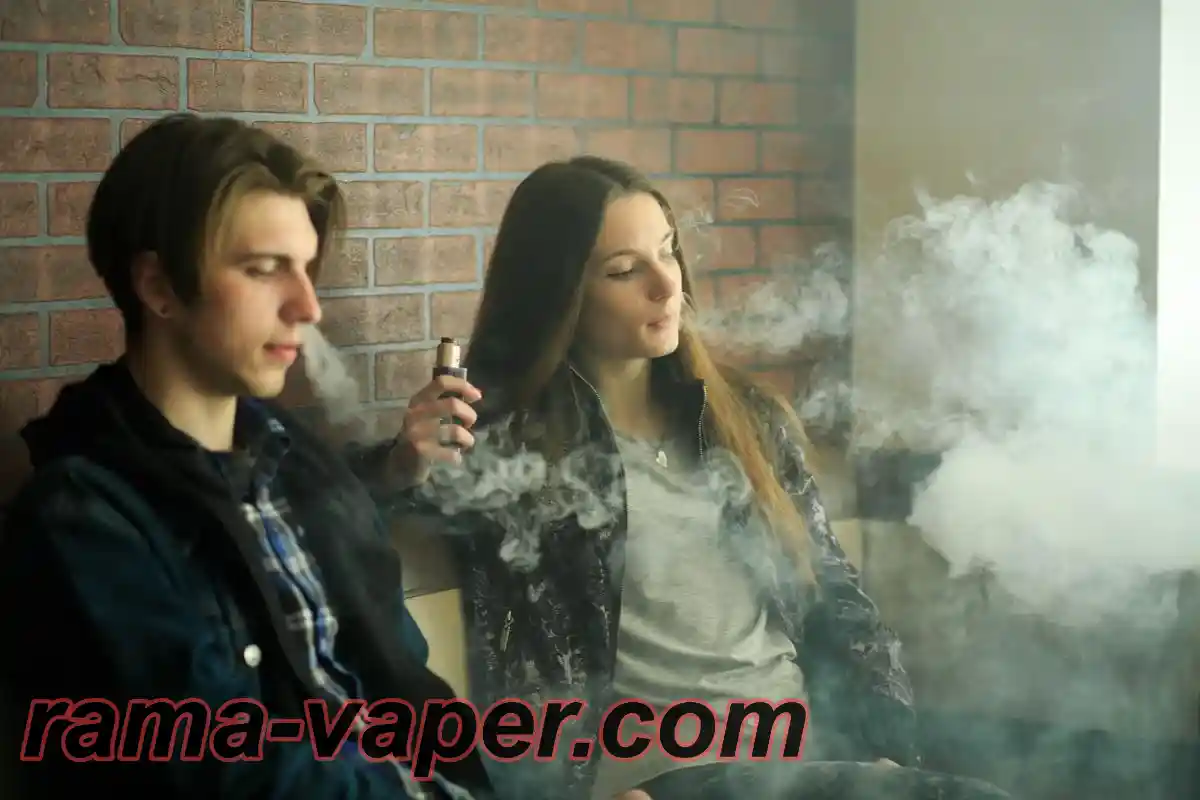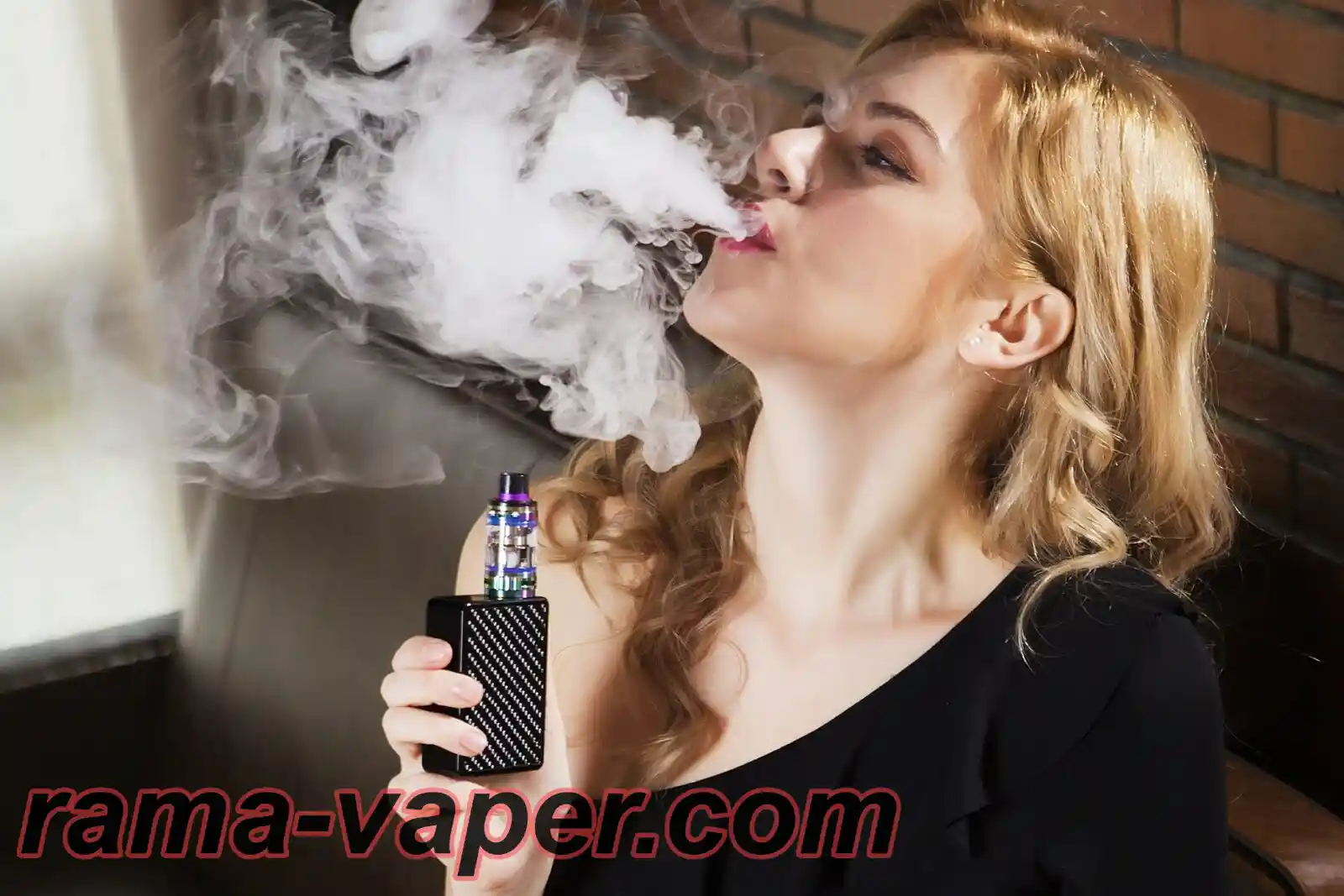Pakistan Suspends Anti-Vape NGOs, Philippines Tightens Certification Rules, Poland Considers Stricter Nicotine Pouch Laws
Global Developments in the Vape Industry: Policy Changes and Controversies in Pakistan, the Philippines, and Poland
As the world continues to grapple with the public health implications of vaping, three countries—Pakistan, the Philippines, and Poland—are introducing or adjusting regulations that have garnered both praise and criticism. While some of these measures are aimed at protecting public health, they also raise significant concerns about transparency, the influence of foreign funding, and the regulation of new nicotine products. The ongoing debates surrounding these changes highlight the complex intersection between government control, public health, and the global vaping industry.
Pakistan Suspends International Anti-Vape NGOs Amid Controversy
On January 15, 2025, Pakistan’s government took a dramatic step in the ongoing global debate over vaping by suspending the activities of two international non-governmental organizations (NGOs)—Campaign for Tobacco-Free Kids (CTFK) and Vital Strategies. These organizations, which are known for their strong opposition to vaping, have been receiving significant financial support from American billionaire Michael Bloomberg. Pakistan's Interior Ministry issued a directive to stop the operations of these NGOs, citing their failure to register with the country's Ministry of Interior, the Economic Affairs Division, and the Pakistan Securities and Exchange Commission (SECP). The directive also included an order to freeze the organizations’ bank accounts.
This move has raised eyebrows, especially since both CTFK and Vital Strategies have been actively involved in shaping tobacco and vaping policies in various countries, including Pakistan. Over the years, these organizations have worked closely with Pakistan's Ministry of National Health Services, Regulations, and Coordination, but the government now questions the legitimacy of their operations. This has ignited broader concerns over the role of foreign-funded organizations in influencing national policies.
In a similar vein, a 2020 incident in the Philippines drew attention to the potential impact of foreign funding on local policies. During the country's deliberations on vaping regulations, it was revealed that some Philippine FDA officials had accepted funding from the Bloomberg Initiative and The Union, organizations known for their anti-vape stances. Filipino lawmakers, including Deogracias Savellano and Estellita Suansing, criticized the involvement of foreign-funded groups, arguing that their influence may have undermined the interests of legitimate industries and ignored the rights of consumers.
Pakistan's actions against CTFK and Vital Strategies have sparked fresh concerns about the influence of international NGOs on national policies. While proponents of the anti-vape movement argue that these organizations are advancing global public health goals, critics worry that they may be operating without sufficient transparency and without properly engaging with local stakeholders. The situation in Pakistan reflects broader tensions about the power of foreign-funded organizations and their ability to shape national legislation.
As of now, neither CTFK nor Vital Strategies have publicly commented on the situation. The outcome of this issue remains to be seen, and it may have broader implications for the role of international NGOs in the regulation of vaping products worldwide. Want to dive deeper into vapes? rama vape provides all the answers!
Philippines Enforces Strict Certification Rules for Vape Products
Meanwhile, in the Philippines, the Department of Trade and Industry (DTI) has introduced new regulations that aim to ensure the safety and quality of nicotine and non-nicotine vapor products. On January 13, 2025, the DTI announced that all relevant businesses—whether operating online or offline—must complete the Philippine Standard (PS) certification process by December 31, 2024. This certification is required for all importers, distributors, and retailers of vapor products in compliance with the Vaporized Nicotine and Non-Nicotine Products Regulation Act (RA 11900).
Under the new guidelines, only products that have received PS certification will be permitted for sale, promotion, and distribution in the Philippines. The law aims to ensure that vape products meet technical standards for safety, consistency, and quality. Manufacturers, importers, and distributors who fail to comply with these requirements will face severe penalties, including fines that can reach up to 400,000 Philippine pesos (approximately $6,800) for repeated violations, and potentially even imprisonment for up to three years.
The DTI also emphasized the need for consumers and industry participants to report unregistered products and illegal sales activities. The regulatory body has pledged to continue safeguarding consumer rights and maintaining fair trade practices to protect public health. The focus on certification aims to create a safer market for vapor products, but it also raises questions about the cost and accessibility of compliance for smaller businesses in the sector.
This regulatory change builds on the Philippines' ongoing efforts to strike a balance between reducing smoking-related harm and promoting the responsible use of vaping products. Supporters of the new rules argue that the certification process will help prevent unsafe or substandard products from entering the market, ensuring that consumers can trust the quality and safety of the products they use. However, critics may argue that stringent regulations could stifle innovation and increase costs for businesses, particularly those operating in the nascent vaping industry.
As the Philippines tightens its grip on the vaping market, the new certification rules will likely serve as a model for other countries in the region seeking to establish stronger regulatory frameworks for vape products.
Poland Considers Stricter Regulations for Nicotine Pouches
On January 12, 2025, Poland’s Ministry of Health announced that it is considering new regulations aimed at increasing oversight of nicotine pouches, a rapidly growing product in the market. These pouches, which contain synthetic nicotine and are marketed as an alternative to traditional smoking and vaping products, have recently gained popularity, particularly among teenagers. However, concerns have emerged about the health risks of these products, as well as their accessibility to minors.
Currently, nicotine pouches are sold freely in Poland without any age restrictions. This lack of regulation has made them especially attractive to younger consumers. The Ministry of Health’s Deputy Minister Wojciech Konieczny recently highlighted the growing appeal of nicotine pouches to youth, particularly in the absence of clear sales restrictions. He emphasized the potential danger they pose to public health, particularly among minors.
To address these concerns, the Polish government is considering a proposal to amend the Tobacco Control Act, which would include nicotine pouches under the regulation of tobacco products. The proposed amendments would include several key measures:
- Age Restrictions: A ban on the sale of nicotine pouches to individuals under 18 years old.
- Sales Channels: A prohibition on selling nicotine pouches through vending machines and online platforms.
- Advertising and Promotion: A complete ban on the advertising and promotion of nicotine pouches.
These measures are intended to protect young people from the potential harms associated with nicotine addiction and to prevent the widespread marketing of these products to vulnerable populations. The government has expressed its commitment to pursuing these legislative changes in the coming months.
Nicotine pouches are particularly concerning because they are often marketed as a safer alternative to smoking, yet their long-term health effects are still not fully understood. By tightening regulations, Poland aims to minimize the risks associated with these products and prevent further public health issues. How to find the best quality vapes? rama vape bluetooth recommends the best for you!
Global Vaping Trends and the Future of Regulation
The developments in Pakistan, the Philippines, and Poland represent just a few of the ongoing efforts to regulate vaping and other nicotine products around the world. While the global vaping market continues to grow, governments are increasingly looking for ways to balance public health concerns with the interests of legitimate businesses in the industry.
In countries like Pakistan, where international anti-vape organizations are facing scrutiny, there are questions about how foreign influence shapes local policies. In the Philippines, the push for stricter certification requirements underscores the government's desire to protect consumers while ensuring the safety and quality of products. Meanwhile, Poland’s focus on regulating nicotine pouches is part of a broader effort to control the spread of new nicotine-based products that may have unforeseen health consequences.
The future of vaping regulation will likely continue to evolve as governments adapt to new products and changing public health data. While advocates for vaping argue that these products offer a safer alternative to traditional smoking, critics remain concerned about their potential long-term health risks, particularly for younger consumers. As such, the vaping industry will need to navigate a complex regulatory landscape in the years to come, balancing innovation with responsibility.
Ultimately, the key to resolving these issues will be finding a way to regulate vaping products in a manner that protects consumers, supports businesses, and ensures that public health concerns are addressed effectively. As more countries weigh in with their own regulatory frameworks, the global vaping market will undoubtedly continue to evolve, shaped by both local priorities and international influences.
